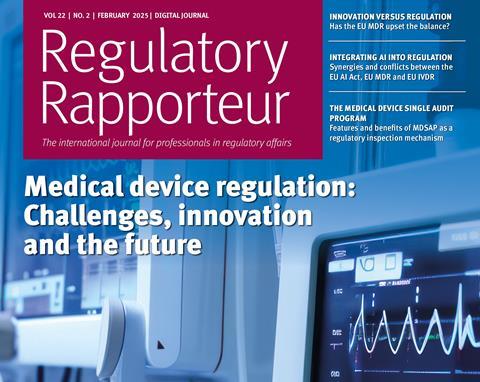
Regulatory
Rapporteur
Write to the Editor at publications@topra.org
February 2025 | Vol. 22 | No. 2
EDITORIAL
Medical device regulation: Challenges, innovation and the future
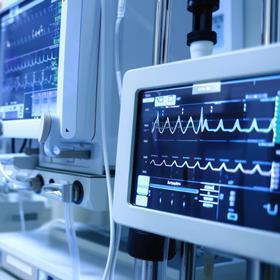
The February issue of Regulatory Rapporteur focuses on medical devices. The regulatory environment is evolving into a complex and dynamic landscape filled with opportunities. Frameworks such as the EU Medical Device Regulation (MDR), the EU In Vitro Diagnostic Regulation (IVDR) and the EU Artificial Intelligence Act (AI Act) are designed to prioritise patient safety and foster trustworthy AI, continuously adapting to support innovation. This landscape calls for ongoing collaboration between regulatory bodies and industry stakeholders, inspiring a balance between safety and creativity.
By Dejan Brkic and James McCormick
FOCUS
The EU Medical Device Regulation: Balancing innovation with regulation

The EU Medical Device Regulation (MDR) 2017/745 was introduced in response to the need for tighter regulation of medical devices in Europe. However, with the increased regulatory burden, the very rules which are designed to protect patients may prevent them from accessing the treatment they need and also stifle innovation. This article assesses the delicate balance between innovation and regulation and analyses the relationship between the two.
By Jack Bacon
FOCUS
Implications of the EU’s AI Act for medical devices and in vitro diagnostic medical devices

The integration of artificial intelligence (AI) within healthcare has heralded a new era of innovation for medical devices and in vitro diagnostics. This article analyses how the AI Act interacts with the EU Medical Device Regulation (MDR) and the EU In Vitro Diagnostic Regulation (IVDR), identifying some areas of potential synergies and conflicts.
By Célia Cruz and Angelina Munabi
FOCUS
An introduction to the Medical Device Single Audit Program
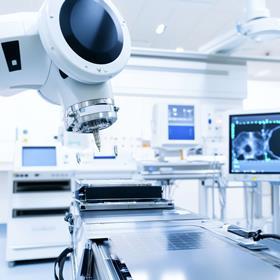
The Medical Device Single Audit Program (MDSAP) is an International Medical Device Regulatory Forum scheme whereby the regulatory authorities of member jurisdictions have agreed to subcontract regulatory surveillance of the industry to existing Notified Bodies. This article summarises the features of MDSAP and its increasing importance as a mechanism by which regulatory authorities monitor the medical device industry participants.
By Mehryar Behizad
STANDALONE
An industry perspective on the use of patient experience data in medicines development: Is further action needed from European regulators?

This article discusses the findings of a 2023 survey by the European Federation of Pharmaceutical Industries and Associations (EFPIA) to gather feedback from the European pharmaceutical industry on the experience of medicines developers and to identify gaps in regulatory guidance on the generation and use of patient experience data (PED) in medicines development.
By Susan Bhatti, Anders Blaedel Lassen, Solange Corriol-Rohou, Marta García, Cathelijne de Gram, Brett Hauber, Nadège Le Roux, Arun Micheelsen and Álmath Spooner
STANDALONE
Regulatory strategy implications for foetal medicine
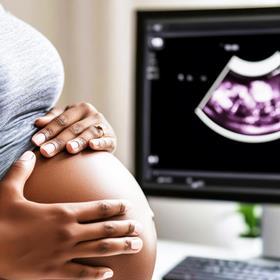
Regulation (EC) 1901/2006 is clear that paediatric investigation plans (PIPs) apply to children from birth to 18 years of age, but this omits the unborn foetus. To understand whether any recommendations exist which would support seeking agreement on a PIP for this special population, a review of European legislation, guidelines and other application precedents was undertaken. This article summarises the findings and provides insight into distinctions that may be made by the agency in this matter.
By Graham Bell
STANDALONE
Immunological considerations in the development of novel vaccines
Part 1: Elements of the immune response important to vaccine effectiveness
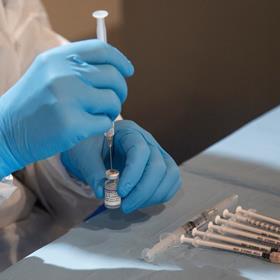
This article explores the critical elements of the immune response that contribute to vaccine effectiveness, with reference to the European Medicines Agency’s recent scientific guideline on clinical evaluation of new vaccines. It highlights how vaccines stimulate the immune system and explores the various antibody classes and their functions.
By Cecil Nick
Are you interested in gaining an overview of regulatory requirements and considerations for medical devices? If so, join our ‘Essentials of European Medical Device Regulatory Affairs’ course on 21 May. Sign up here.


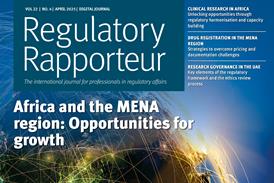

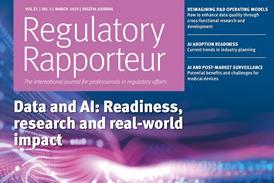


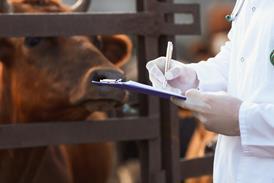


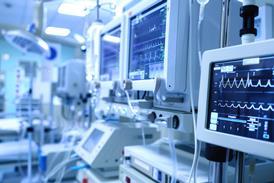
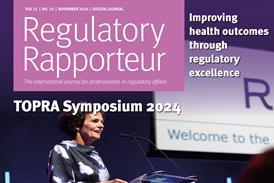

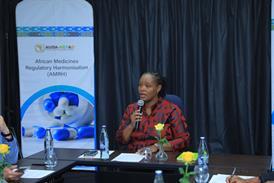












No comments yet